WA Liberal Party: In this brutal uncivil war, there’s a faction too much friction
For the Liberal Party faithful finding solace in the notion that things can’t get any worse, the state of the party in WA is a reminder that it can.

For the Liberal Party faithful around the country finding solace in the notion that things can’t get any worse, the state of the party in Western Australia is a reminder that it can.
In Perth, the party has been all but wiped off the electoral map after calamitous defeats at the most recent state and federal elections. Amid the rubble, rival factions have been waging a brutal civil war that has further damaged the party’s standing and eroded its remaining resources.
Almost all seats that had long provided an impregnable base for the party in the west are gone.
The stronghold has become a rounding error, holding only two metropolitan seats across the two tiers of government: the seat of Cottesloe, held by David Honey, at a state level and Ian Goodenough’s federal seat of Moore.
The 2021 state election left it holding just two of 59 lower house seats and led to the ignominy of losing the status of official opposition party to the Nationals. The 11 seats won by the Liberals in the 2019 federal election were crucial to Scott Morrison’s “miracle” win; the meagre five it retained in 2022 were central in securing Anthony Albanese the prime ministership.
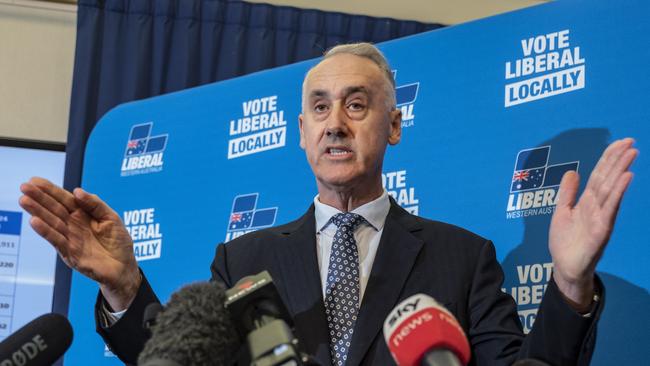
The ominous task of rebuilding the party and ending the factional war has fallen to Caroline Di Russo, who unexpectedly fell into the role of president earlier this year after the sudden resignation of predecessor Richard Wilson.
Her appointment coincided with Libby Mettam – the Liberals’ only other lower-house MP – replacing Honey as party leader.
Di Russo’s role is arguably the toughest (unpaid) job in Australian politics, although there are some early signs the party may have begun to stabilise.
Last week, Di Russo launched a new program aimed at training up the next generation of candidates and campaign managers who will carry the party’s hopes at twin state and federal elections in 2025.
The candidate college – modelled on a similar long-running program offered by New Zealand’s National Party for more than two decades – has attracted 60 applicants willing to pay $1000 to join the program.
The party will need to field its biggest pool of non-incumbent candidates at the state election, so securing a talented and prepared pool of candidates for 2025 is a key priority.
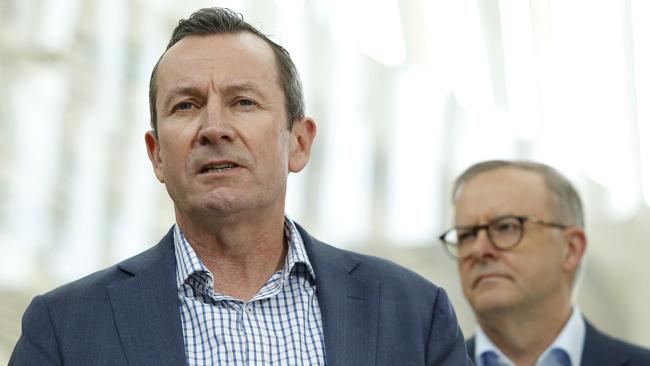
Expulsion motions
Attracting good candidates when the party is at such a low ebb is not an easy proposition, but Di Russo says it is an ideal time for those interested in politics to step forward.
“Although things haven’t been great, particularly over the last couple of years, they have changed and they are heading in the right direction,” she said.
“It might sound counter-intuitive, to get involved closer to the bottom, but it is much easier to get in close to the bottom than it is right up the top when often the only seats available for preselection tend to be a bit more marginal and a lot more difficult to win.”
Di Russo’s predecessor Wilson introduced plebiscites for lower house preselections in an attempt to reduce the influence of party powerbrokers, and next year’s candidate selections will be the first under the new system.
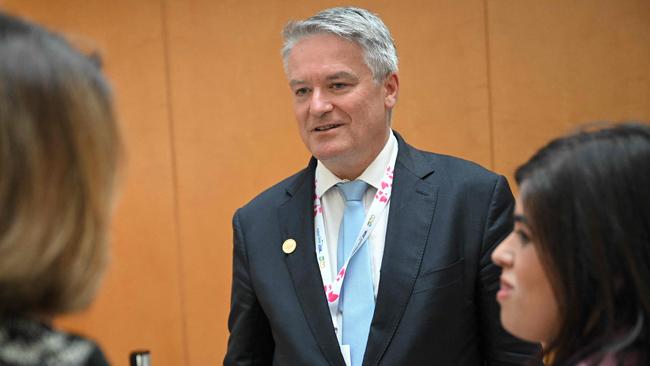
Since the 2021 election defeat, the WA Liberal Party has been beset by scandals and instability. A leak of thousands of WhatsApp messages by a group calling itself The Clan and featuring former federal MP Mathias Cormann and incumbent upper house MPs Nick Goiran and Peter Collier provided extraordinary insight into their influence over party processes and caused significant damage.
Rival factions have lobbed expulsion motions and legal threats against prominent opponents, and a scathing post-election review detailed extensive questionable practices within the party.
Honey also appeared to be on borrowed time as leader. Mettam’s first act after replacing him was to strip Goiran of his shadow portfolios after he refused to apologise for his role in the Clan saga.
Mettam and Di Russo have enjoyed clean air that their predecessors did not, and the latter believes the party has turned the corner.
“I think there are definitely green shoots,” she says.
“It has been a pretty tough couple of years for the party, but the party looks quite different and the culture feels quite different than what it did two years ago.”
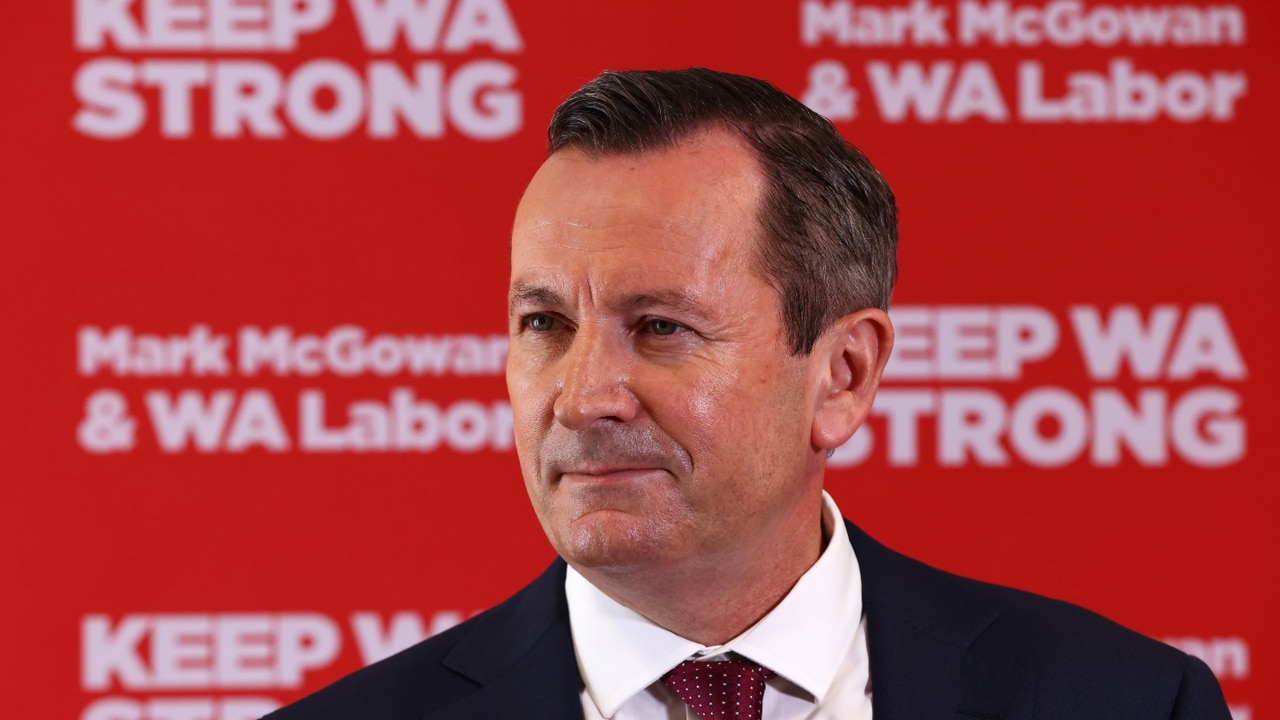
Di Russo dismisses the ongoing debates elsewhere in the party about whether it needs to move further to the right or left as “self-indulgent nonsense”.
Instead, the next election will be fought on local issues such as the cost of living, law and order, and health.
“I honestly don’t think that everyday people think in those terms,” she said.
“People just want to have reasonable access to quality healthcare. If someone’s house gets broken into, they want to know that they can call the police and someone who’s going to come to their assistance. Access to affordable housing is a huge issue at the moment, and people just want a reasonable and practical solution … This idea of taking the problems of everyday West Australians and trying to jam them through your political science degree so you feel like it was worthwhile doing, I just don’t think really helps anyone.”
Staunchly conservative
Despite being sidelined by Mettam, Goiran remains an issue for the party, given that he continues to wield enormous influence over branches in Perth’s south.
He has strong ties to the church and has been staunchly conservative on social issues.
His ongoing presence in the Liberal Party gives Labor Premier Mark McGowan both an opportunity to remind voters of the Clan scandal and paint the Liberals as a party that is deeply conservative socially.
A former Liberal MP who spoke on the condition of anonymity says while West Australians are generally economically conservative, they are generally more progressive in their support for issues such as voluntary assisted dying, gay marriage and an Indigenous voice to parliament.
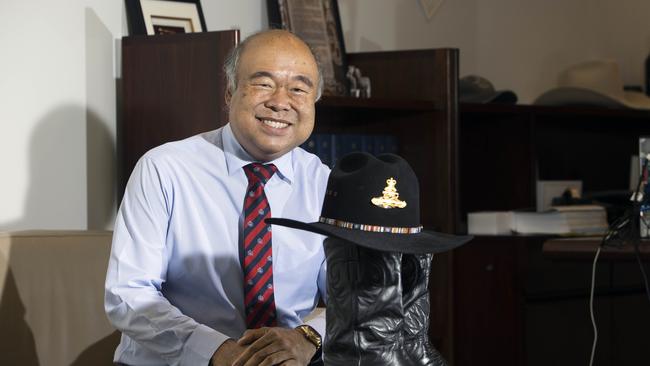
McGowan’s tight leash on the state’s finances since coming to power has helped make Labor more palatable for long-term Liberal voters. “The Labor movement has grabbed that middle space around the economic aspect, and because we were alienating people on that social aspect, they’re migrating towards what has historically been considered the left,” the former MP says.
“The challenge for the party is how we connect and show we can be moderate. Just because we are conservative economically does not mean we are conservative across some of those other areas. Labor has done a good job of branding us with that, but we haven’t helped ourselves with that infiltration by far-right church groups.”
Further reform
No one believes the Liberals can change the government at the next state election, given the dominant position of McGowan and Labor; instead, the focus is on rebuilding a bank of seats and talent from which to mount a genuine challenge in 2029.
While McGowan remains the dominant figure in WA politics, there is a belief sentiment towards him is slowly beginning to turn. Some believe he will follow a similar trajectory to that of the man he replaced as premier, Colin Barnett, who swiftly went from loved to loathed as his premiership dragged on.
McGowan and Barnett would bristle at the comparison, but the former Liberal MP believes the two have much in common.
“(McGowan)’s so similar to Colin personality-wise – he’s arrogant, he’s vain, he’s thin-skinned,” the ex-MP says. “Political parties also tend to blow themselves up.
“If they have too much success … they tend to end up with this internal turmoil as people start jockeying for position.”
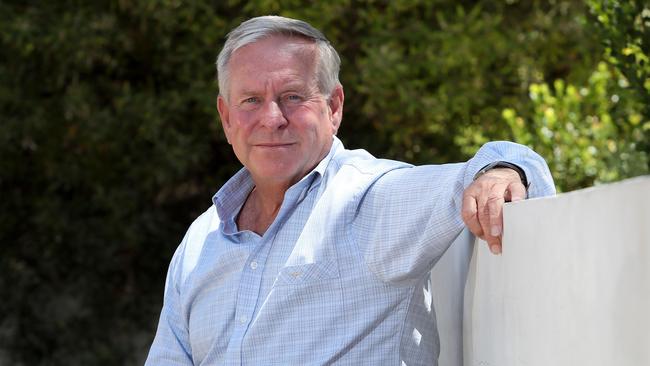
Barnett has largely stayed out of the factional struggles but he believes further reform to internal structures could strengthen the Liberal Party and improve its standing in the eyes of the public. “Reduce the number of branches to one per state electorate. The public are looking for a signal like that,” he told The Australian.
“With modern technology, you don’t need all these little branches everywhere.”
He believes Labor has given the Liberals a path to help it in its rebuild. The government’s treatment of the regions, which have had their electoral influence eroded under changes rammed through by Labor’s majority in both houses, as well as decisions curtailing forestry, coalmining and fishing, could open the door for the Liberals.
“McGowan is going to have a lot of trouble holding on to country seats as the election gets closer,” Barnett says.
Di Russo draws encouragement from the fact Labor was in a similarly dire position not that long ago.
Their recovery shows what discipline and professionalism can do: “I know these things can be turned around. The Labor Party in 2013 (was) just a basket case … so it can be done. But there’s a lot of work to do.”
Meanwhile, the first batch of potential candidates have entered into the WA Liberals’ training program, which federal MP Angus Taylor has said could become a model for the party to follow in the rest of the country.
More Coverage
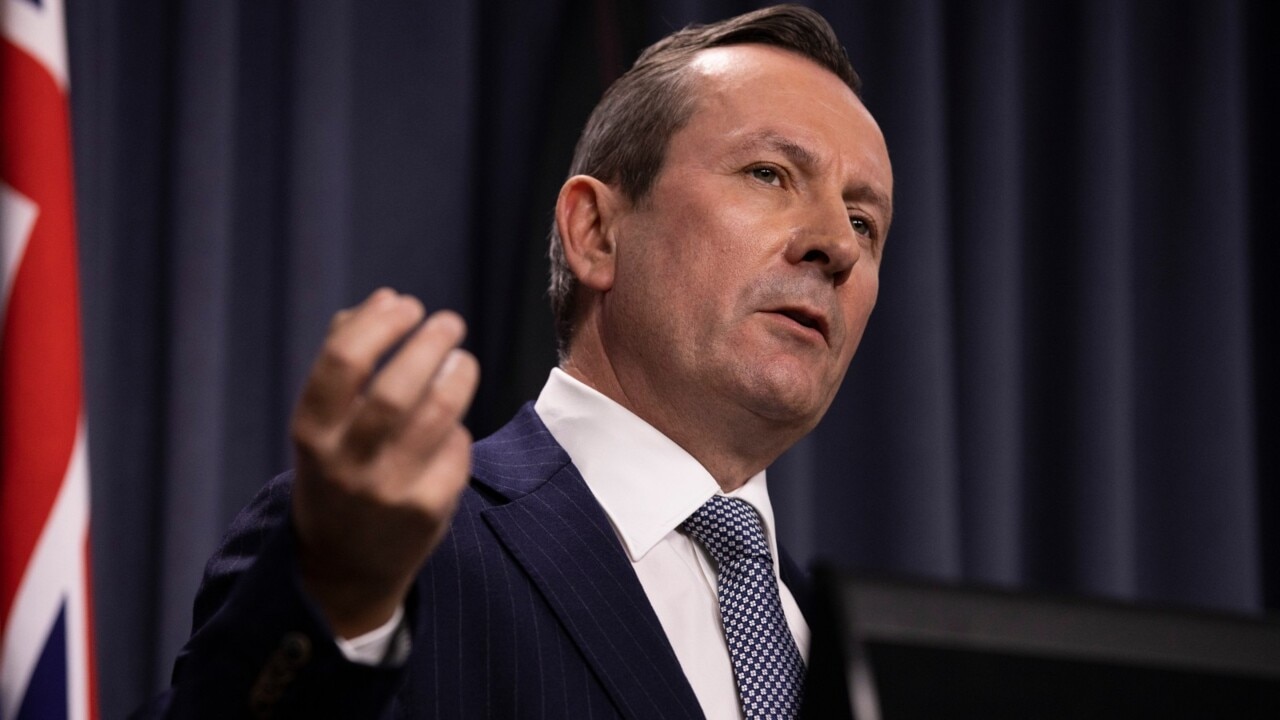

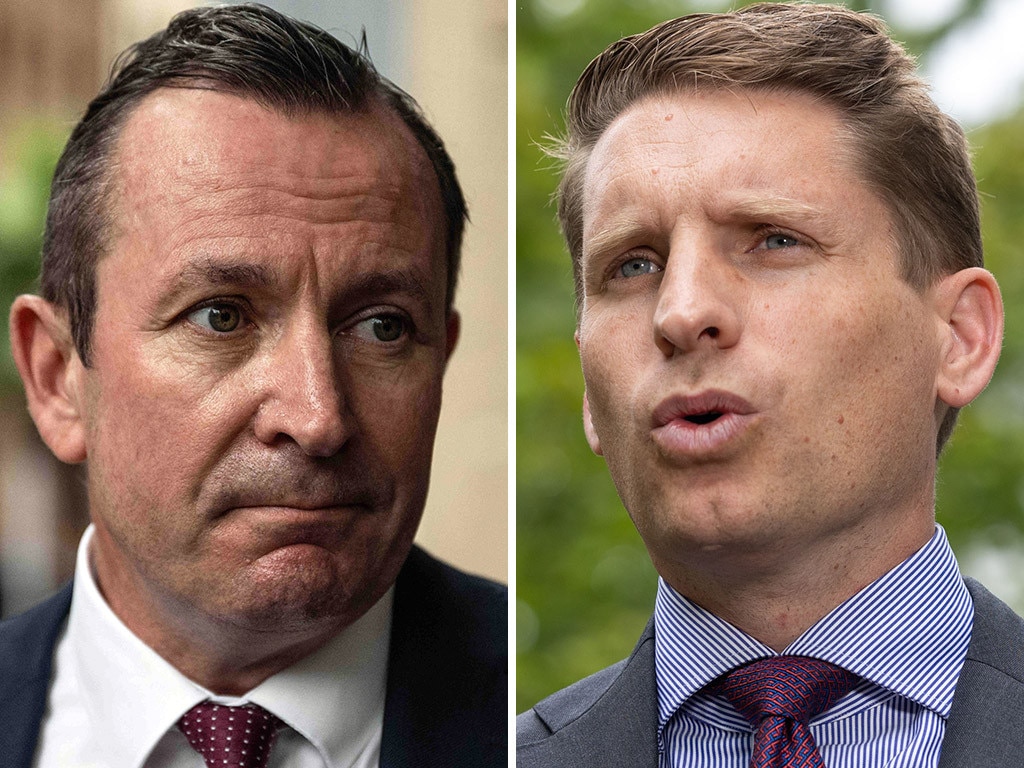

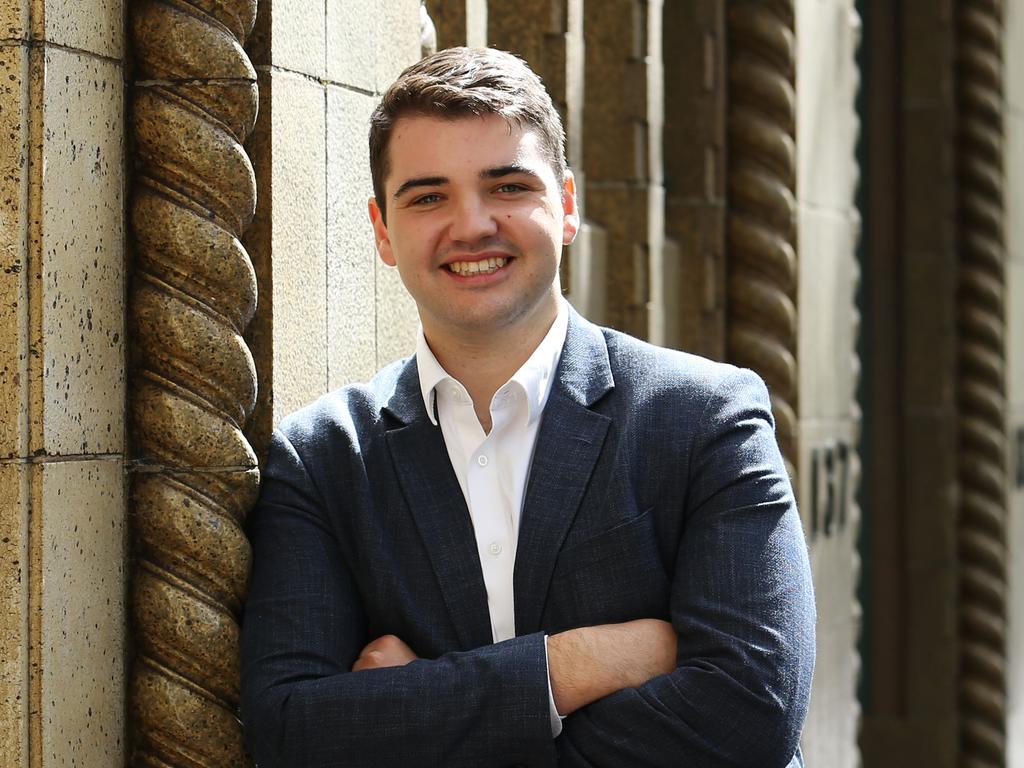



To join the conversation, please log in. Don't have an account? Register
Join the conversation, you are commenting as Logout